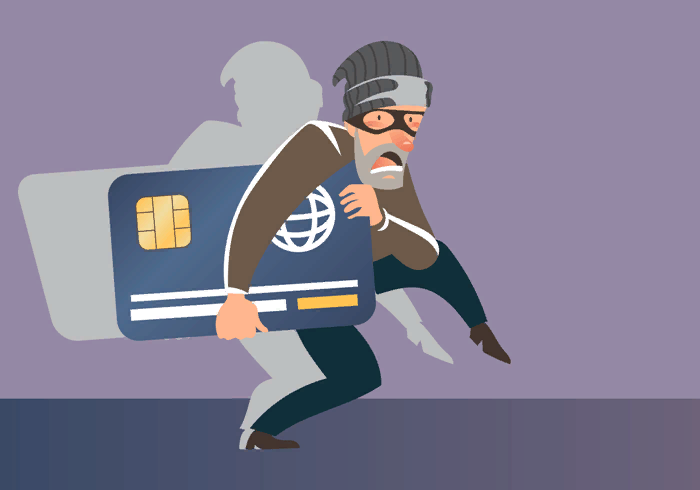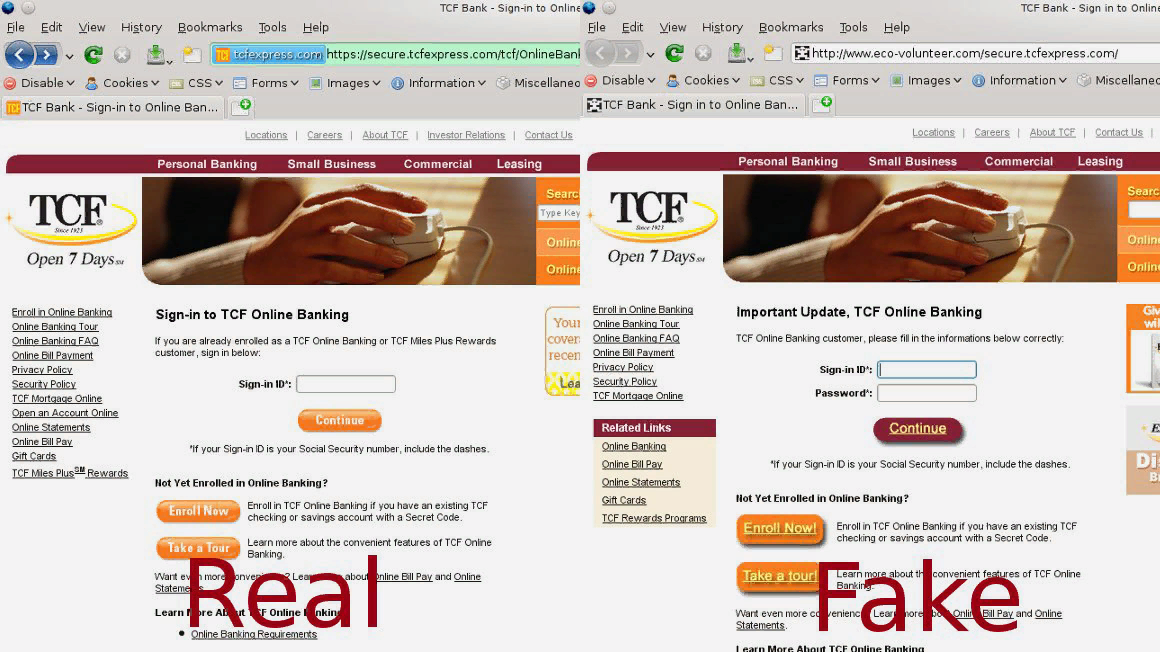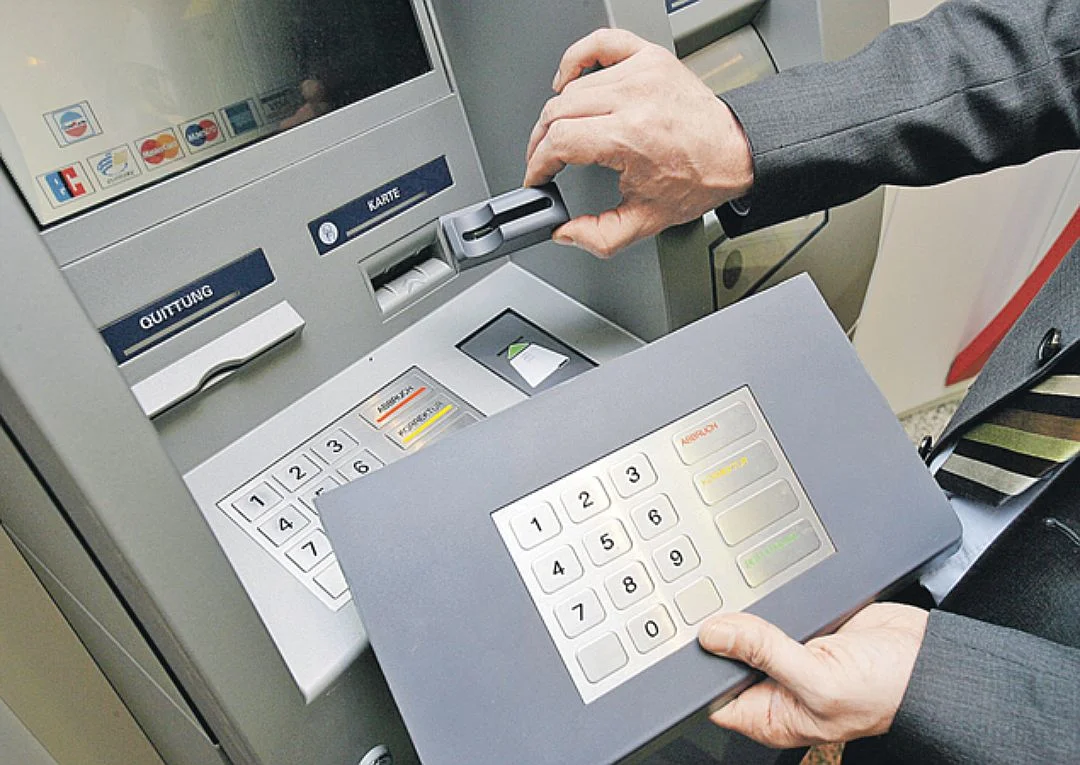Lord777
Professional
- Messages
- 2,576
- Reaction score
- 1,551
- Points
- 113
All cyberhello!
The topic of our article will be "Carding". Many of you are familiar with this ominous term, but only a few know what it is and how not to give the data of your precious card to the nerds on the other side of the screen.

Today we will find out:
I would like to say that the life of these guys can be compared with a match-it burns brightly, but not for long. So do carders, who live comfortably, but soon "get caught". The life span of a particular fraudster is difficult to determine, as it all depends on their internal discipline. These people are constantly living in a state of fear and are always preparing to run when a police car passes by their house. For their security, they use a lot of tools: dozens of SIM cards, VPN services, phones, social network pages, etc. But if we are talking about averaged data, then we can distinguish the lifetime of a carder-about half a year. Often they are caught on carelessness, minor punctures, not observing the rules of their own safety. This makes this niche profitable and dangerous at the same time.


This is a keyboard that records all button presses and at the same time transmits an impulse to the original keyboard, which makes it difficult to immediately detect such devices. Fraudsters remove their equipment at the end of the day, then decrypt and receive your data.

Fraudsters also create viruses that steal the necessary information from your device. And this is done simply - they embed their virus in a file that they do not place anywhere. For example, in games. This way, you can download a game with an already built-in virus that will install along with it and transmit your data to an attacker, but you are unlikely to find out about this.
Booking.com
AliExpress.com
Amazon.com
The carder only needs to enter your details and wait for the parcel or message about the approval of the hotel reservation. The money is debited from your bank card and you are trying to figure out with shaking hands where you spent a few thousand while watching your favorite show.
How to protect yourself from malicious tricks?
And, perhaps, the main question of our article "How not to let carders deceive themselves?".
No matter how banal everything is, you just need to follow the basic rules:
(c) https://teletype.in/@techograminside/ckP5mjeEmCG
The topic of our article will be "Carding". Many of you are familiar with this ominous term, but only a few know what it is and how not to give the data of your precious card to the nerds on the other side of the screen.

Today we will find out:
- Who are carders and how long do they live?
- What is their job?
- What do they do with your bank card data?
- How to protect yourself from malicious tricks?
Who are carders and how long do they live?
First, let's get acquainted with the term "carding".As you have already understood, carders are not easy guys, they are engaged in illegal activities that are prosecuted by law. Namely, bank and other card data is obtained by fraudulent actions for further sale, blackmail, and theft of funds. But fortunately, many carders do not manage to stay in the shadows for long and they are successfully caught, after which they are charged under Articles 159 of the Criminal Code (Fraud )and 187 of the Criminal Code (Illegal turnover of payment funds).Carding is a type of fraud that involves stealing bank card data for further illegal use.
I would like to say that the life of these guys can be compared with a match-it burns brightly, but not for long. So do carders, who live comfortably, but soon "get caught". The life span of a particular fraudster is difficult to determine, as it all depends on their internal discipline. These people are constantly living in a state of fear and are always preparing to run when a police car passes by their house. For their security, they use a lot of tools: dozens of SIM cards, VPN services, phones, social network pages, etc. But if we are talking about averaged data, then we can distinguish the lifetime of a carder-about half a year. Often they are caught on carelessness, minor punctures, not observing the rules of their own safety. This makes this niche profitable and dangerous at the same time.
What is their job?
The carder's work is based on obtaining bank and other card data for further use. And now we will cover the main ways.- Phishing

You have definitely seen fake sites that are difficult to distinguish from the real ones, these are phishing sites. The goal is to get your data, which you enter yourself.Phishing is deception of a user in order to obtain their personal data, such as username, password, phone number or bank card. Phishing is most common in email systems, social networks, Internet banking, and electronic payment systems.
- Overhead keyboard on ATMs

This is a keyboard that records all button presses and at the same time transmits an impulse to the original keyboard, which makes it difficult to immediately detect such devices. Fraudsters remove their equipment at the end of the day, then decrypt and receive your data.
- Viruses on your computer

Fraudsters also create viruses that steal the necessary information from your device. And this is done simply - they embed their virus in a file that they do not place anywhere. For example, in games. This way, you can download a game with an already built-in virus that will install along with it and transmit your data to an attacker, but you are unlikely to find out about this.
What do they do with your bank card data?
Here we come to the final stage. And how do I collect your money, having all the data on the card in my hands? And here carders have different options on how to make a profit:- Purchases made through sites that don't require SMS confirmation
Booking.com
AliExpress.com
Amazon.com
The carder only needs to enter your details and wait for the parcel or message about the approval of the hotel reservation. The money is debited from your bank card and you are trying to figure out with shaking hands where you spent a few thousand while watching your favorite show.
- Reselling your data to other users
- Blackmail
How to protect yourself from malicious tricks?
And, perhaps, the main question of our article "How not to let carders deceive themselves?".
No matter how banal everything is, you just need to follow the basic rules:
- Do not enter data on third-party, unverified sites
- In case of suspicious transactions, contact the bank to clarify the circumstances
- Don't click on links that are sent to you by email, Vkontakte, Facebook, etc.
- Check the authenticity of the site so that you don't run into a phishing site.
- Update your device's software in a timely manner
- Use antivirus programs
And now we've come to the end. Today we learned a little about the life of carders and if you want to continue articles on the topic "Cybersecurity", then put a like to the post with this article. In the next article, we will find out how much carders earn! Thanks for your attention!
(c) https://teletype.in/@techograminside/ckP5mjeEmCG

